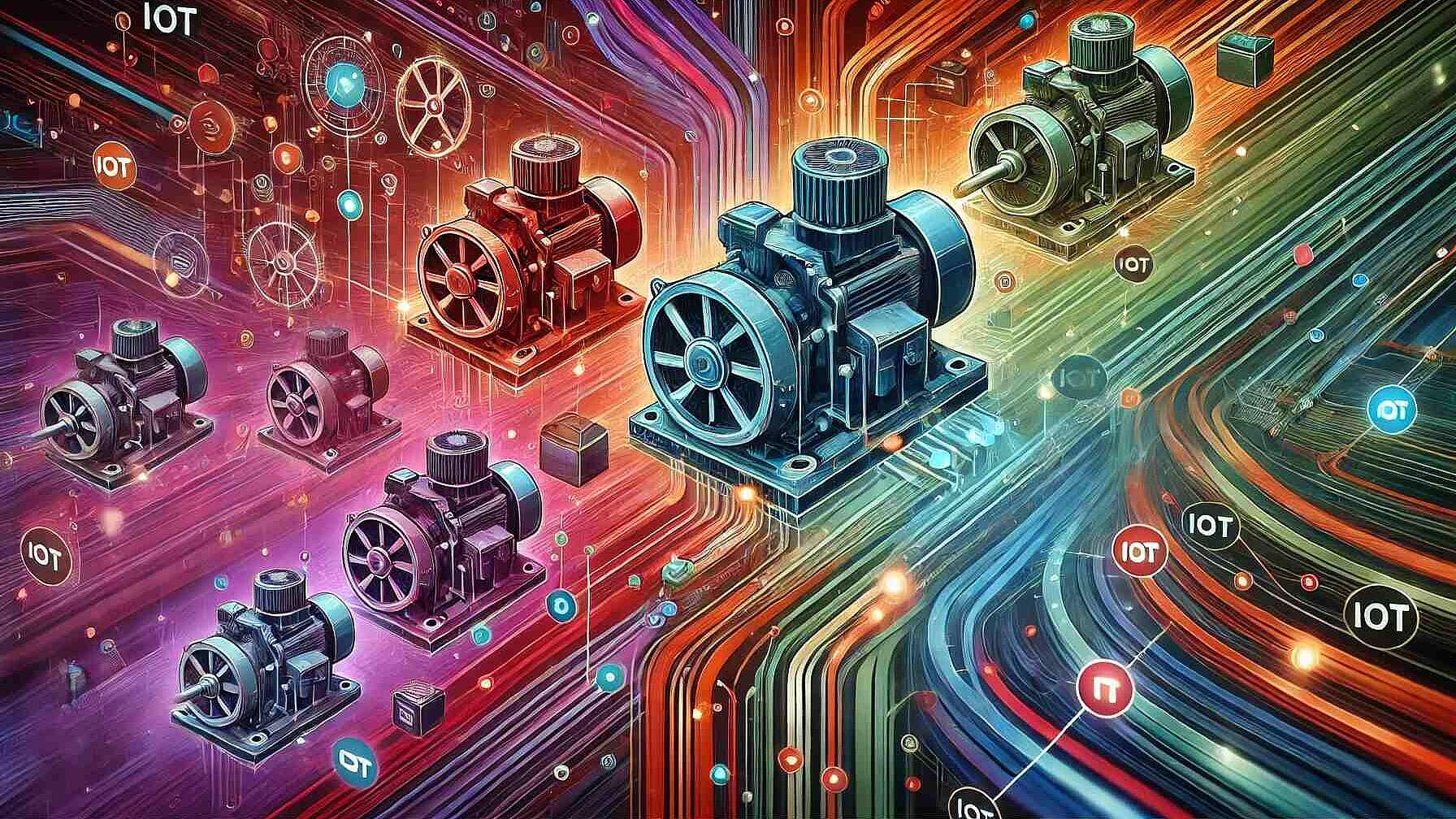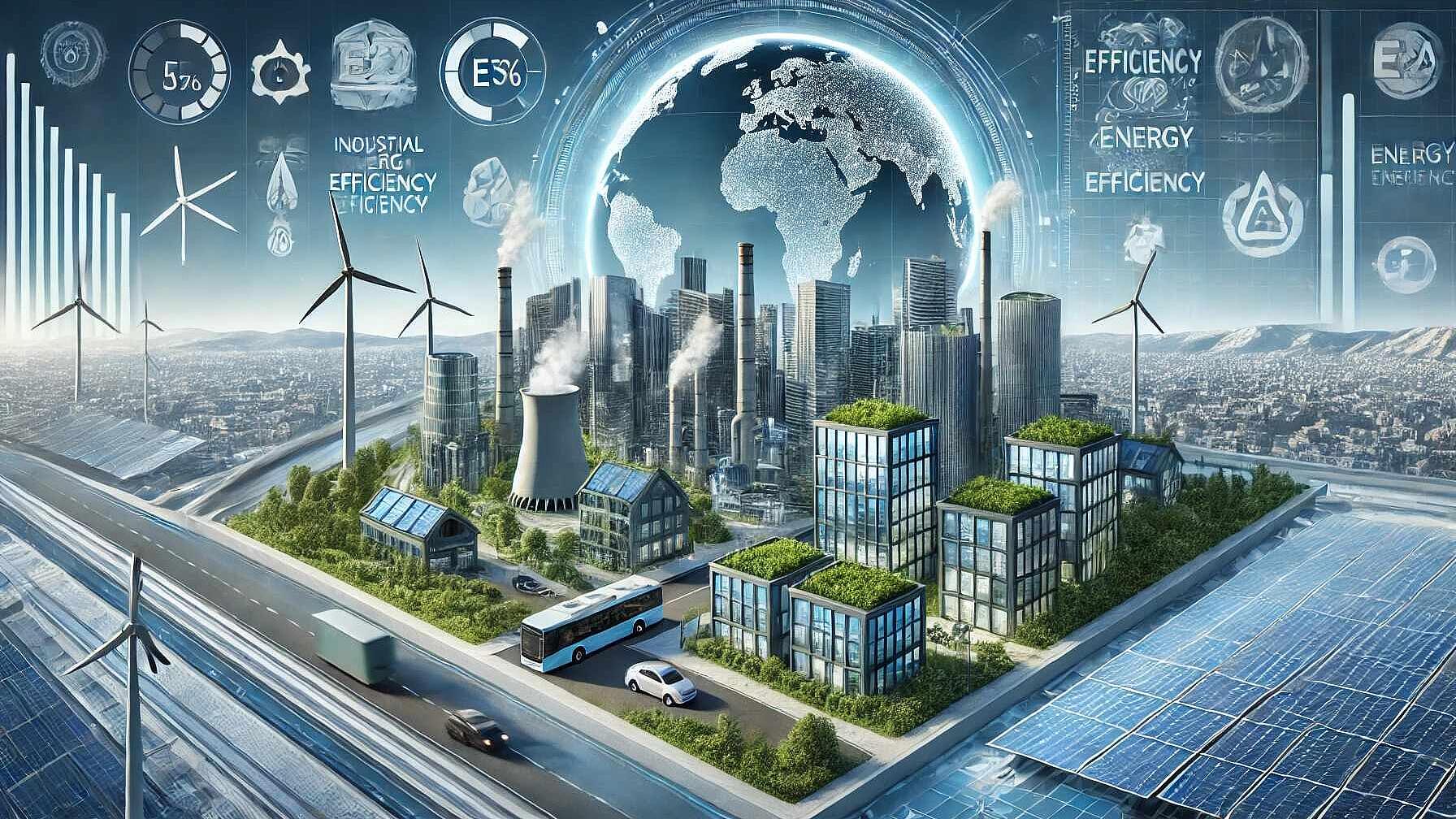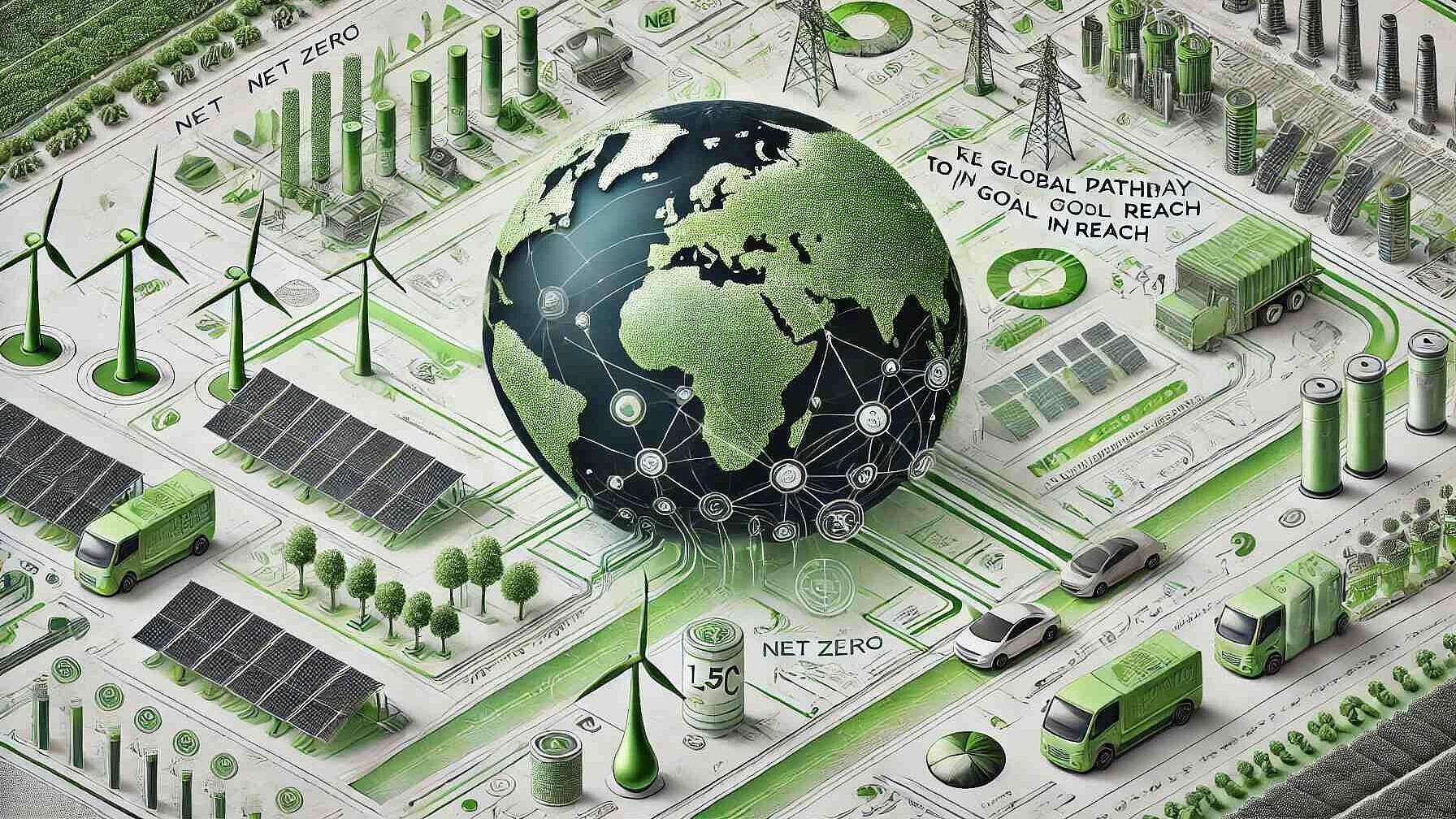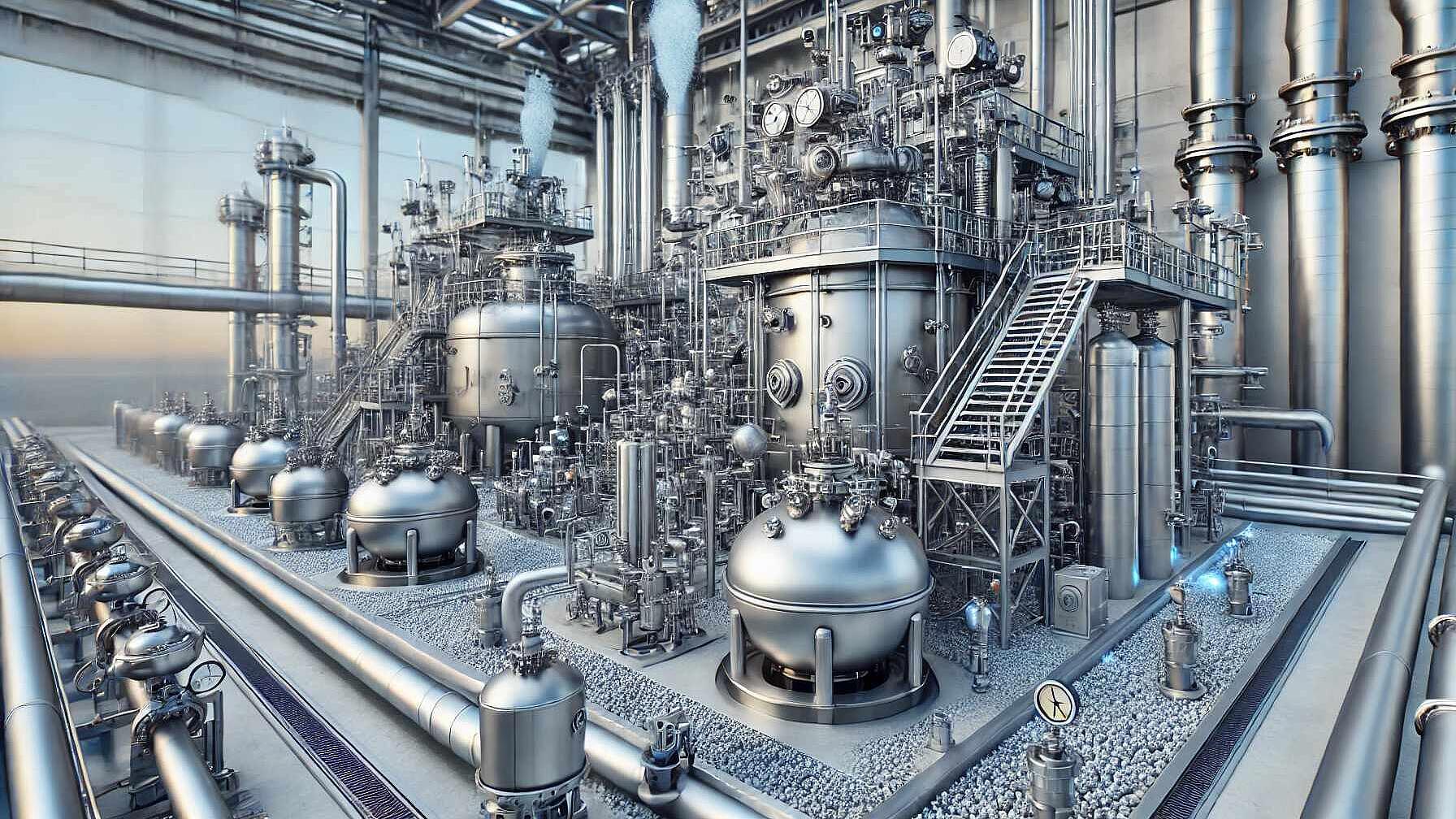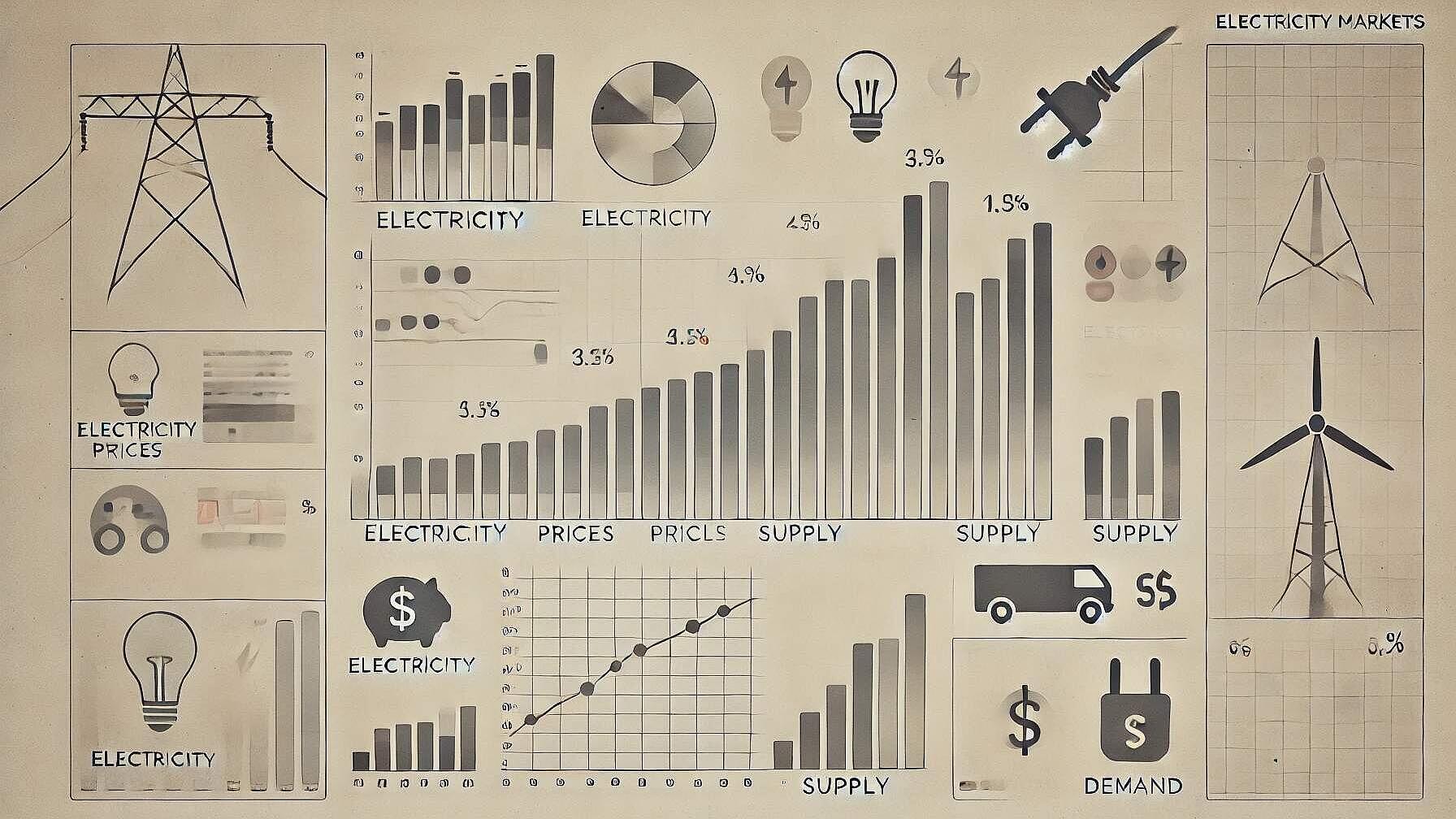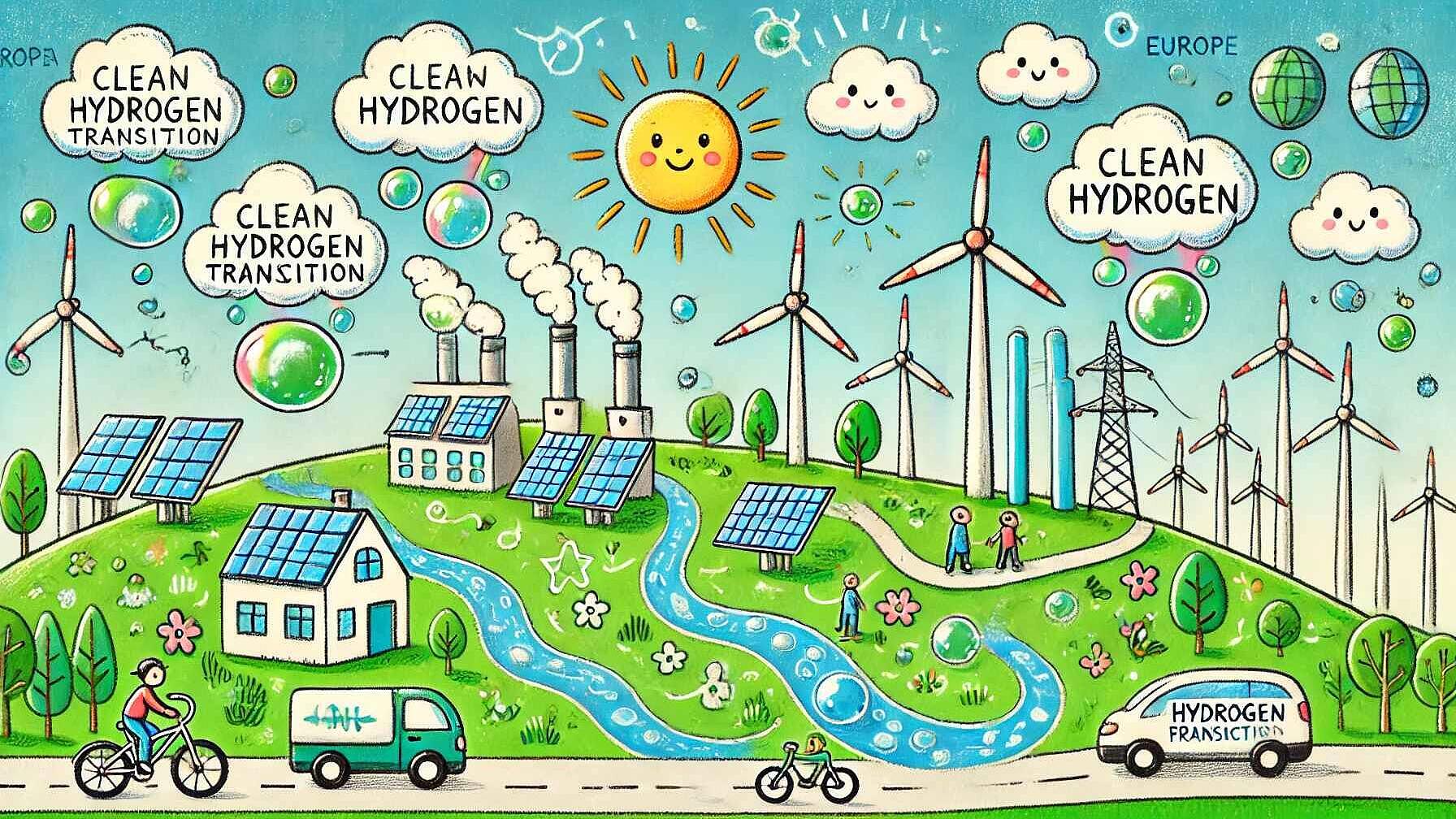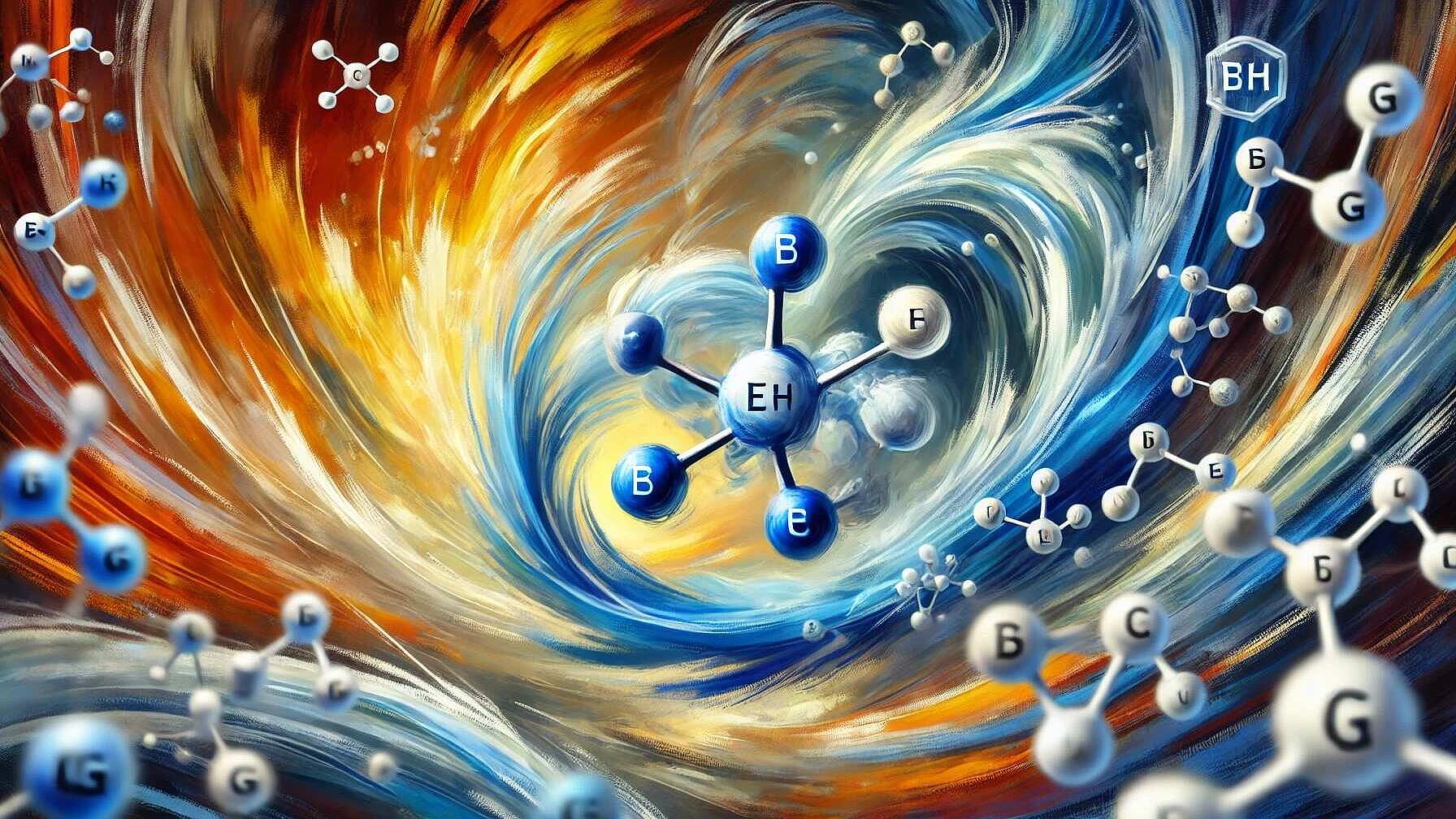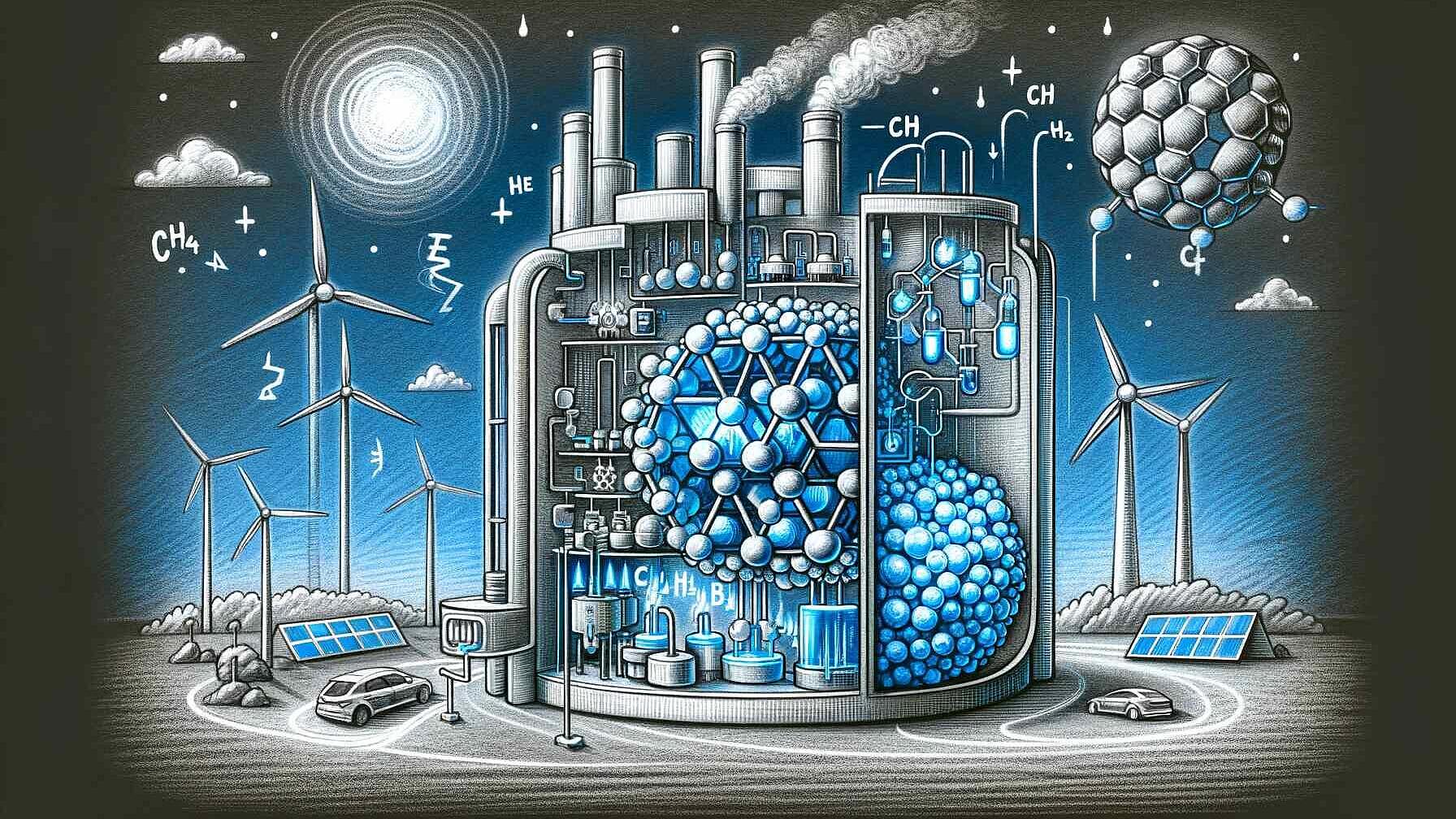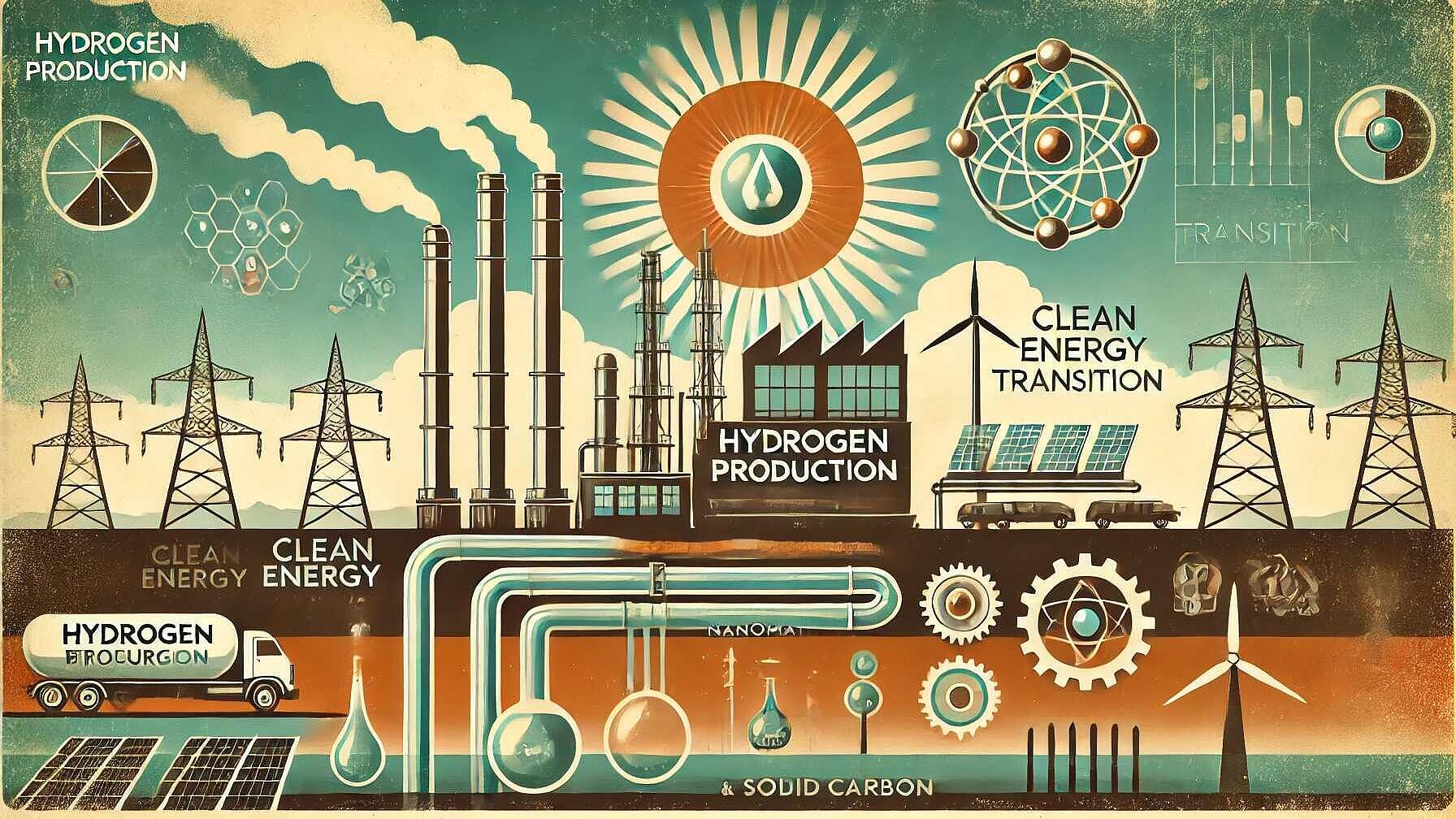 Articles
ArticlesThe International Energy Agency's 4E Technology Collaboration Programme on Energy Efficient End-Use Equipment (4E TCP) report discusses the role of digital solutions in enhancing energy efficiency in motor systems across various industries. The implementation of simulation-based tools for production planning has enabled Smurfit Kappa in Sweden to lower energy intensity for paper production by 9% between 2017 and 2023. In Switzerland, Hamilton Bonaduz AG's integration of an adaptive air pressure management system in their compressed air systems resulted in a 16% reduction in electric energy consumption. Utilizing digital technologies outside operational hours allowed INNIO Jenbacher in Austria to decrease energy and compressed air use by about 30% on weekends. Coca-Cola HBC Austria achieved a 15% reduction in energy demand during normal operation with demand-based ventilation controls. BMW's Steyr plant in Austria utilized data acquisition and monitoring to reduce electrical and compressed air baseloads by 52% and 14%, respectively. Yorkshire Water in the UK applied electrical signature analysis to successfully manage pump operations and expect energy and CO2 savings up to 15%. Additionally, IoT solutions like PRiOT's sensor technology led to a 20% reduction in energy consumption by optimizing air filter maintenance at server sites. While digital solutions offer substantial benefits, companies need to address challenges such as investment costs, staff training, and process disruptions. Tailored strategies, comprehensive analysis, and continuous monitoring are essential for maximizing energy efficiency. Improvements in technology, such as artificial intelligence and machine learning, hold promise for future advancements in industrial energy optimization, potentially integrating with renewable energy sources.
Read Full articleDoubling Energy Efficiency Progress: A Key to Achieving Climate Goals and Energy Security
The IEA's Energy Efficiency 2023 report calls for doubling global efficiency efforts to 4% annually for achieving net zero targets, highlighting significant regional progress, job creation potential, and the necessity for a transformative industry shift, supported by robust policies and investment.
Read Full articleAccelerating the Clean Energy Transition: An Updated Roadmap to Net Zero Emissions
The IEA's 2023 Net Zero Roadmap update outlines steps for a 1.5°C-aligned energy transition, emphasizing rapid clean energy deployment and innovation. It sets key 2030 milestones, including tripling renewables, improving efficiency, increasing EV sales, and reducing methane emissions. Global cooperation and investment are critical.
Read Full articleMethane Catalytic Cracking: A Promising Path to Clean Hydrogen Production
Methane catalytic cracking generates hydrogen and solid carbon without CO2 emissions, utilizing catalysts like nickel in reactors like fluidized beds. Catalyst deactivation and reactor challenges exist, but advancements may make this process a competitive, clean energy solution.
Read Full articlePowering Ahead: The Global Electricity Landscape Through 2026
Global electricity demand is projected to increase, led by China and India, with renewables and nuclear supplying all growth through 2026, indicating a shift towards low-emission sources, reducing CO2 intensity, and highlighting regional disparities in access and consumption trends.
Read Full articleHydrogen Pathways: Leading the Charge Towards a Sustainable Future
Europe aims for Net Zero by 2050 through increased clean hydrogen production, requiring advancements in technologies like water electrolysis and methane reforming with CCS. Innovation in these areas is key to achieving environmental and economic sustainability in the energy sector.
Read Full articleHydrogen on the Horizon: Shaping the Energy Future
Hydrogen is increasingly seen as a key to sustainable energy. Various countries develop national strategies focusing on decarbonizing hard-to-abate sectors and economic growth. Technological innovations aim to produce clean hydrogen efficiently, with international collaboration and private-public partnerships being crucial for the transition to a hydrogen-based economy.
Read Full articleElectrifying the Future: Joule-Heated Catalytic Reactors as a Pathway to Decarbonization and Innovation
The paper reviews electrification of chemical processes for decarbonization, focusing on Joule-heated catalytic reactors for efficient heat generation, highlighting advantages over traditional fossil fuel combustion and applications in methane reforming and CO2 valorization.
Read Full articleCatalytic Hydrogen Production: Pioneering Clean Energy with Methane Cracking
The EU's STORMING project is advancing methane cracking for CO2-free hydrogen production using catalysts and structured reactors powered by renewable electricity. This process also yields valuable carbon nanotubes, promoting sustainable and economically beneficial hydrogen applications and energy transition.
Read Full articleInnovative Pathways in Hydrogen Production: A Catalyst for Change in Clean Energy
Hydrogen production via catalytic methane decomposition (CMD) using Fe-based catalysts offers environmental benefits over traditional steam methane reforming by eliminating direct CO2 emissions. Fe-Al2O3 catalysts improve efficiency, offering pathways to repurpose carbon byproducts into valuable nanomaterials for energy storage and electronics, implying significant contributions to a circular economy and clean energy advancements.
Read Full article